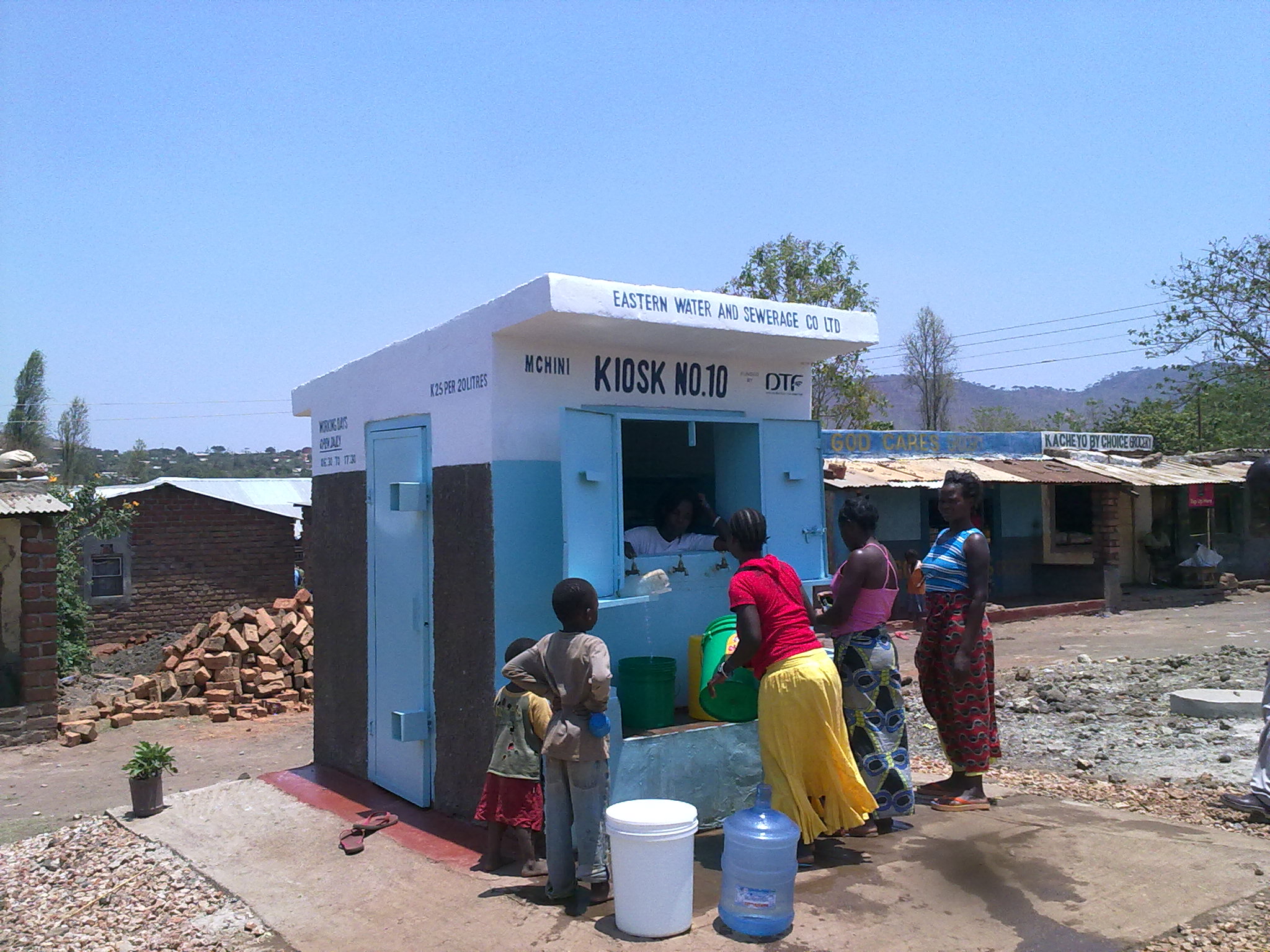
22 March is World Water Day, dedicated this year to nature-based solutions for water management.
Environmental contamination and climate change are nowadays the cause of the water crisis affecting the entire world. Flooding, drought, and water pollution are being aggravated by a decline in vegetation, soil, rivers, and lakes. Having neglected our ecosystems, we have restricted access to sources of clean water worldwide. It is serious concern that by the year 2050 there will be five billion people with limited access to water.
In the past 100 years, world use of water has increased six-fold and continues to grow constantly at an annual rate of 1% due to such factors as population growth, economic development, and changing consumption models, just to mention a few. This growth is projected to continue at a significant rate over the next 20 years. The demand for water for industrial and domestic use will increase much faster than the demand for agricultural uses, even though farming will continue to account for the largest share of consumption. Most of the growing demand for water will come from the developing countries and emerging economies.
One way to reduce the number of people without sufficient access to water, now and in the future, is to strive for better water management through investments in adequate, more efficient infrastructure, technological innovation, and constant maintenance.
 EN
EN  it
it

